Cambridge's most affluent college to divest from arms companies: Report
Trinity College Cambridge, the most affluent constituent college of the University of Cambridge, has decided to divest from all arms companies.
According to the UK-based news website Middle East Eye, the college council, which holds responsibility for important financial and other decisions, opted to eliminate Trinity’s investments in arms companies in early March.
The report, citing three well-informed sources close to Trinity’s student union, noted that the college decided not to announce that it would divest from arms companies after an activist defaced a 1914 portrait of Britain’s then-foreign secretary, Arthur Balfour, who authored the infamous Balfour Declaration, which set out London’s aim to establish a national home for the Jewish people in Palestine.
The incident prompted widespread media coverage in the United Kingdom and condemnations from British lawmakers, including Deputy Prime Minister Oliver Dowden.
The Balfour Declaration came in the form of a letter from Balfour addressed to Lionel Walter Rothschild, a figurehead of the British Jewish community. It was published on November 2, 1917.
The declaration was made during World War I (1914-1918) and was included in the terms of the British Mandate for Palestine after the dissolution of the Ottoman Empire.
It is widely seen as the precursor to the 1948 Palestinian Nakba, when Zionist armed paramilitary groups, who were trained and created to fight side by side with the British in World War II, forcibly expelled more than 750,000 Palestinians from their homeland.
Back in February, Middle East Eye reported that Trinity had invested £61,735 ($78,089) in Israel’s largest arms company, Elbit Systems, which manufactures 85 percent of the drones and land-based equipment used by the Israeli military.
Middle East Eye also revealed that the college had millions of dollars invested in other companies arming, supporting and profiting from the unrelenting Israeli military onslaught on Gaza.
The International Centre of Justice for Palestinians (ICJP), a Britain-based rights group, in response, issued a legal notice to Trinity College on February 28, warning that its investments could make it potentially complicit in the Israeli war crimes.
The ICJP indicated in its legal notice that “officers, directors and shareholders at the college may be individually criminally liable if they maintain their investments in arms companies that are potentially complicit in Israeli war crimes and crimes against humanity.”
Furthermore, the news website disclosed in February that the college had also investments worth approximately $3.2 million in Caterpillar, a US-based heavy equipment company that has long been the target of boycott campaigns for its sale of bulldozers to the Israeli army, and multiple other companies involved in Israel’s war on Gaza, including General Electric, Toyota Corporation, Rolls-Royce, Barclays Bank and L3Harris Industries.
Trinity has refrained from making any commitment regarding divestment from all these companies.
An open letter written by Cambridge academics and signed by more than 1,700 staff, alumni and students from the university was published on Thursday, expressing support for protesters who set up a protest encampment last week that calls on the university to end any potential complicity in the Israeli genocidal war on Gaza.
Around a hundred students gathered on the lawn outside Cambridge’s King’s College on Monday, where they erected tents and demanded the institution commit to divesting from companies involved in the Gaza war.
They joined students at over 100 universities worldwide who have set up similar protest movements.
Israel launched its atrocious onslaught against the Gaza Strip, targeting hospitals, residences, and houses of worship since Palestinian resistance movements launched a surprise attack, dubbed Operation al-Aqsa Storm, against the usurping regime on October 7.
At least 35,034 Palestinians have been killed, most of them women and children, and another 78,755 individuals have sustained injuries. More than 1.7 million people have been internally displaced during the war as well.
Operational concerns delayed US-Israeli aggression against Iran for a week: Report
Iran slams Israeli attacks on Lebanon, warn UNSC’s inaction to embolden regime
Iran says has ‘no choice’ but to fight back, holds no enmity toward American people
Bahraini police assaults crowds mourning loss of Ayatollah Khamenei
Iran posed no imminent threat to US: Pentagon tells Congress
Iran will hold no negotiations with US: Larijani
Despite Leader's martyrdom, Islamic Republic firmly in control and punishing the enemy
At least 31 killed in Israeli aggression on southern Lebanon after Hezbollah strikes


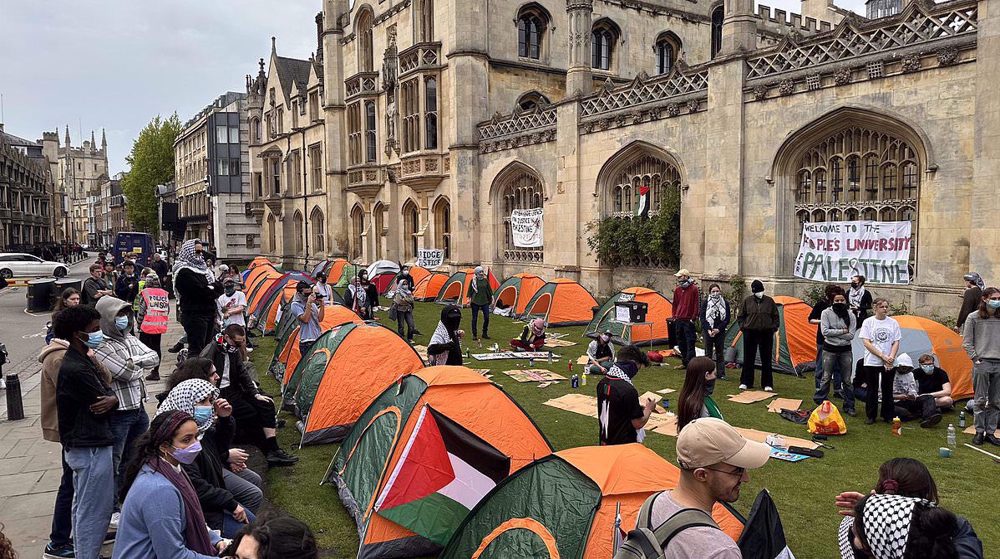

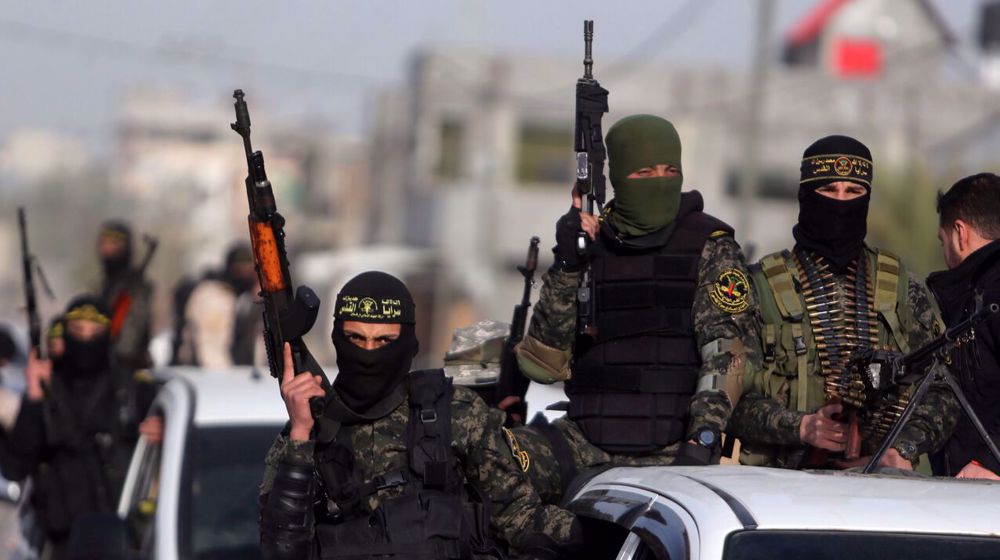
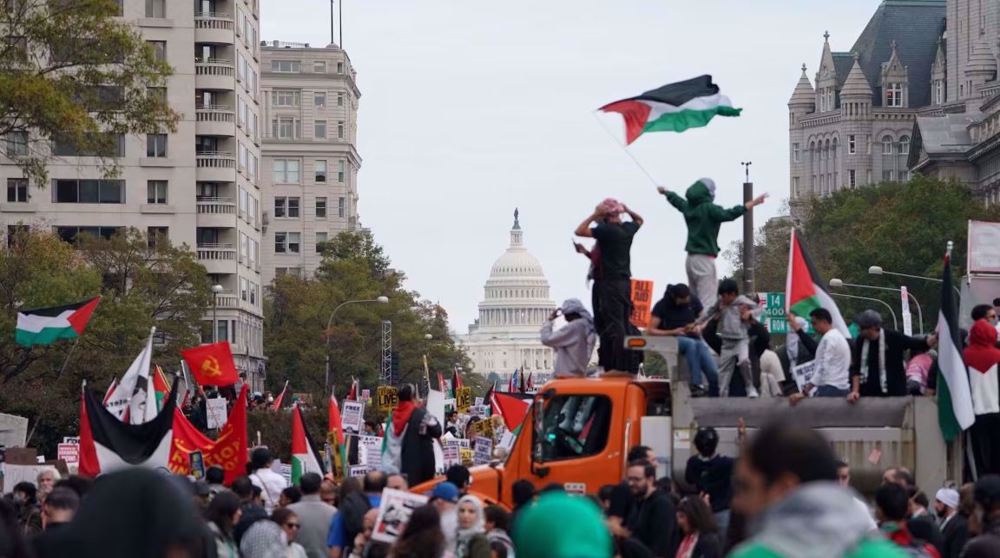
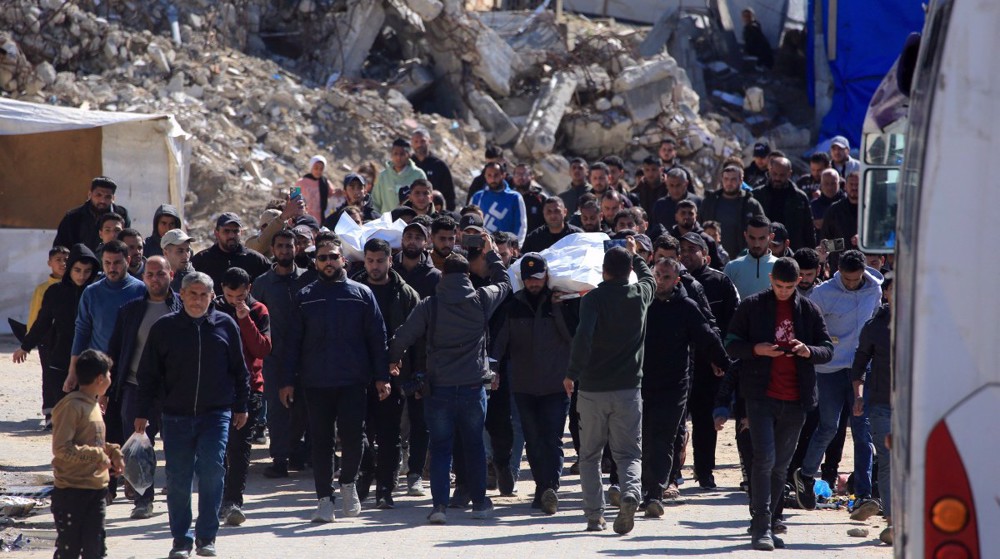



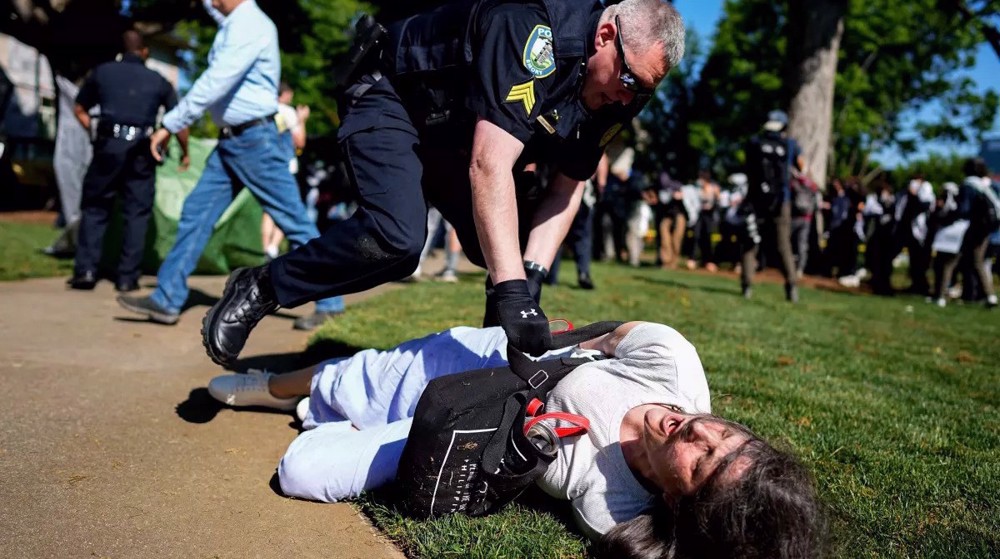


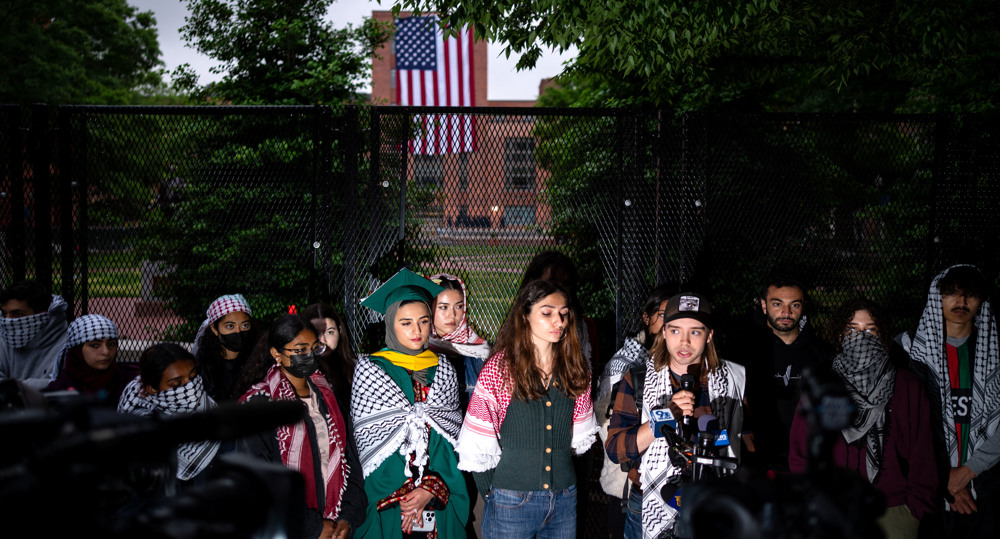
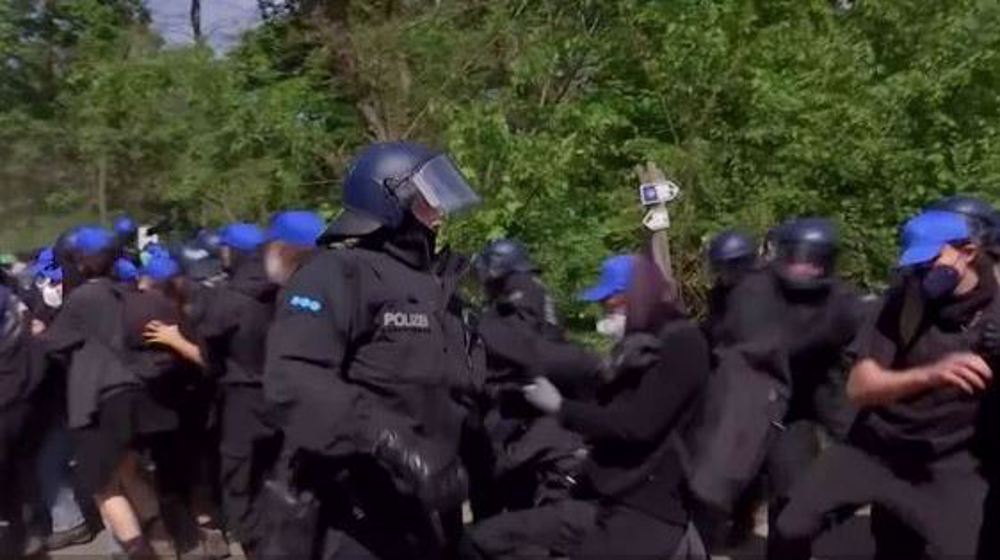
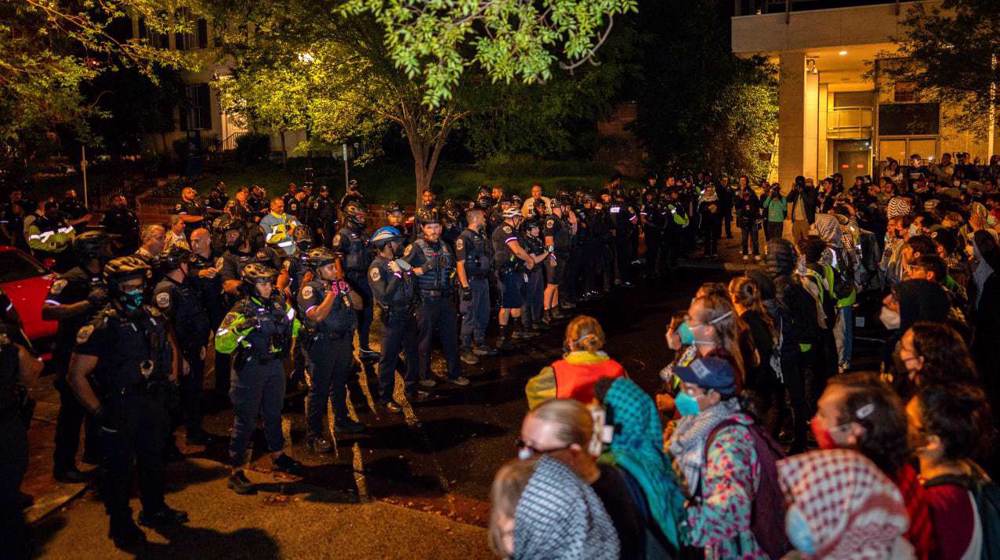


 This makes it easy to access the Press TV website
This makes it easy to access the Press TV website